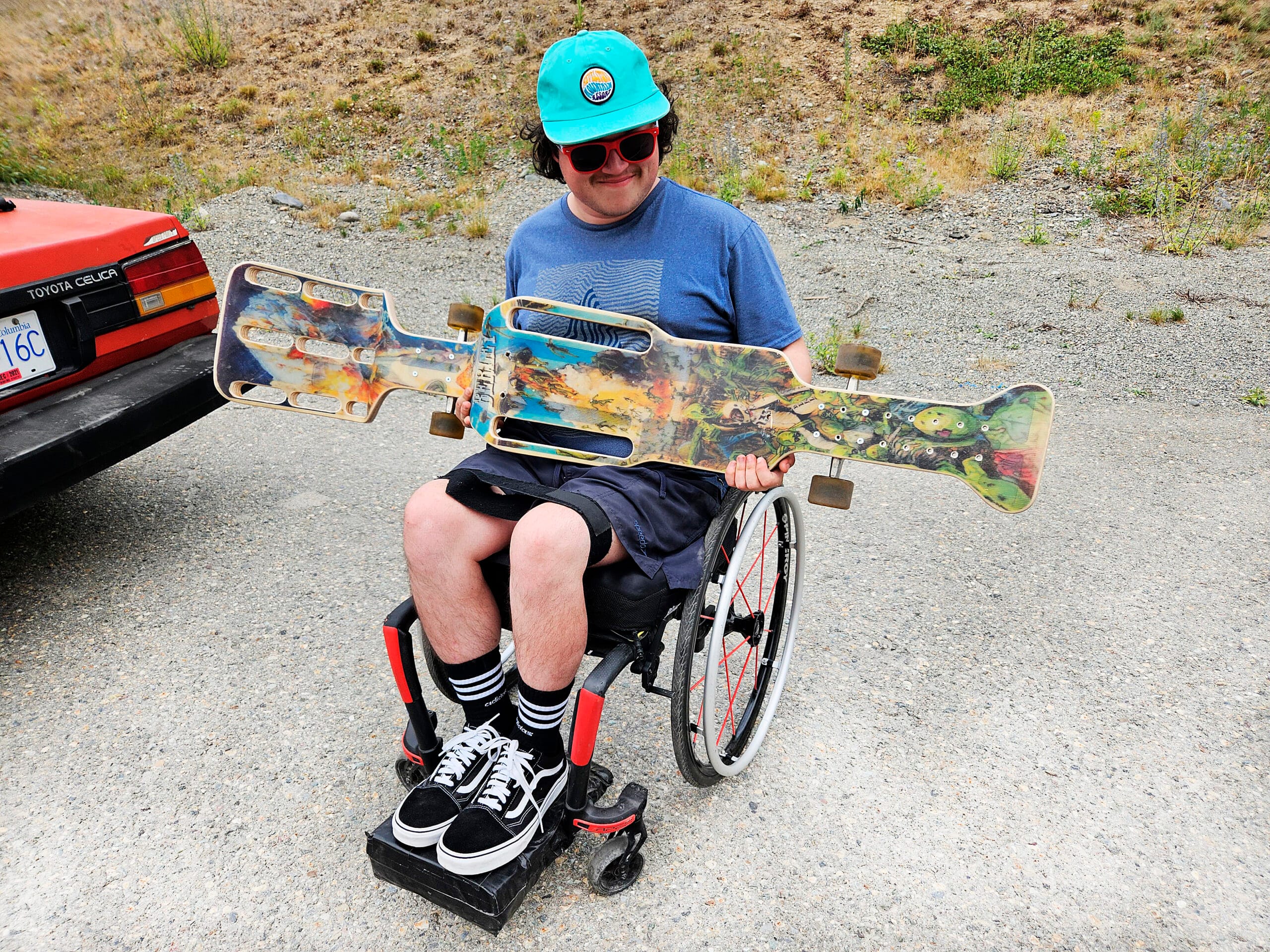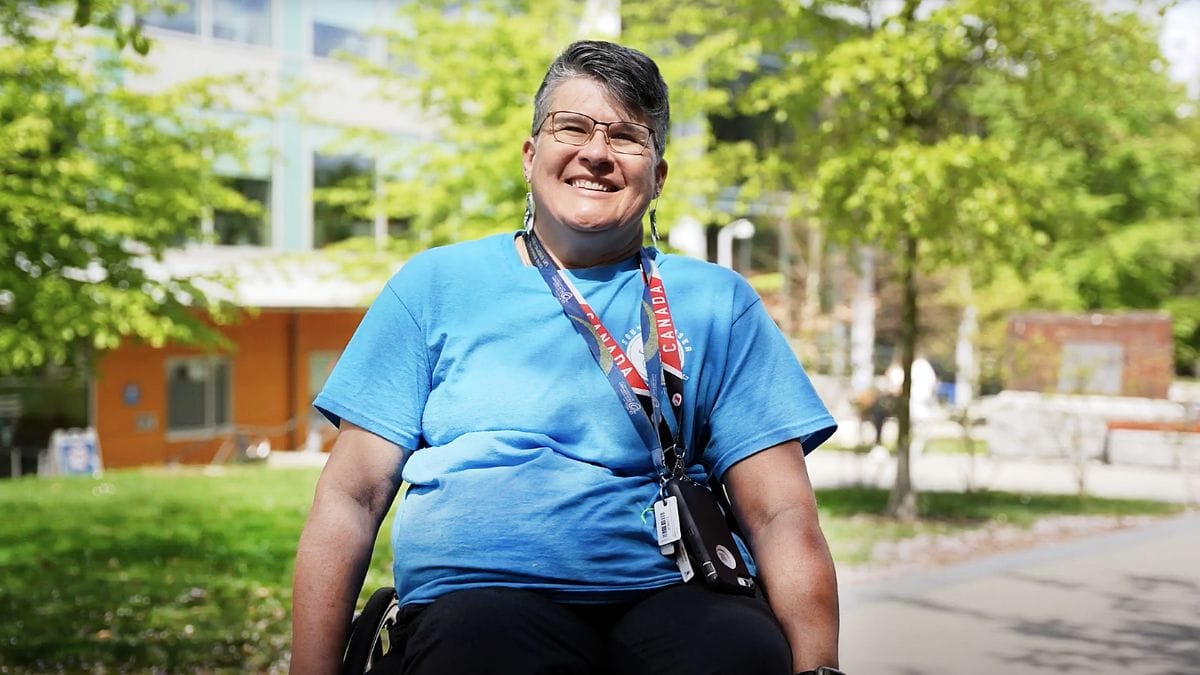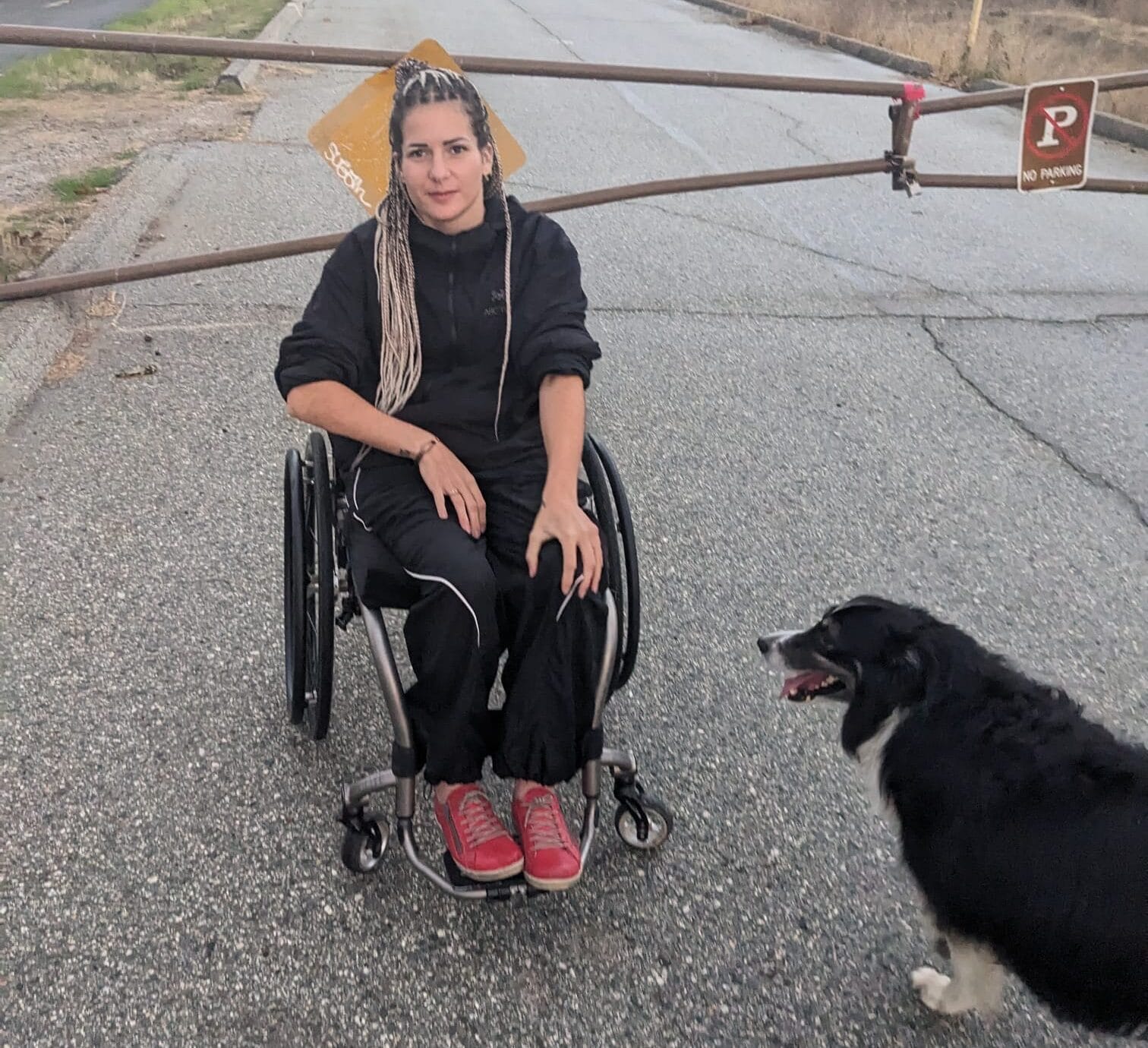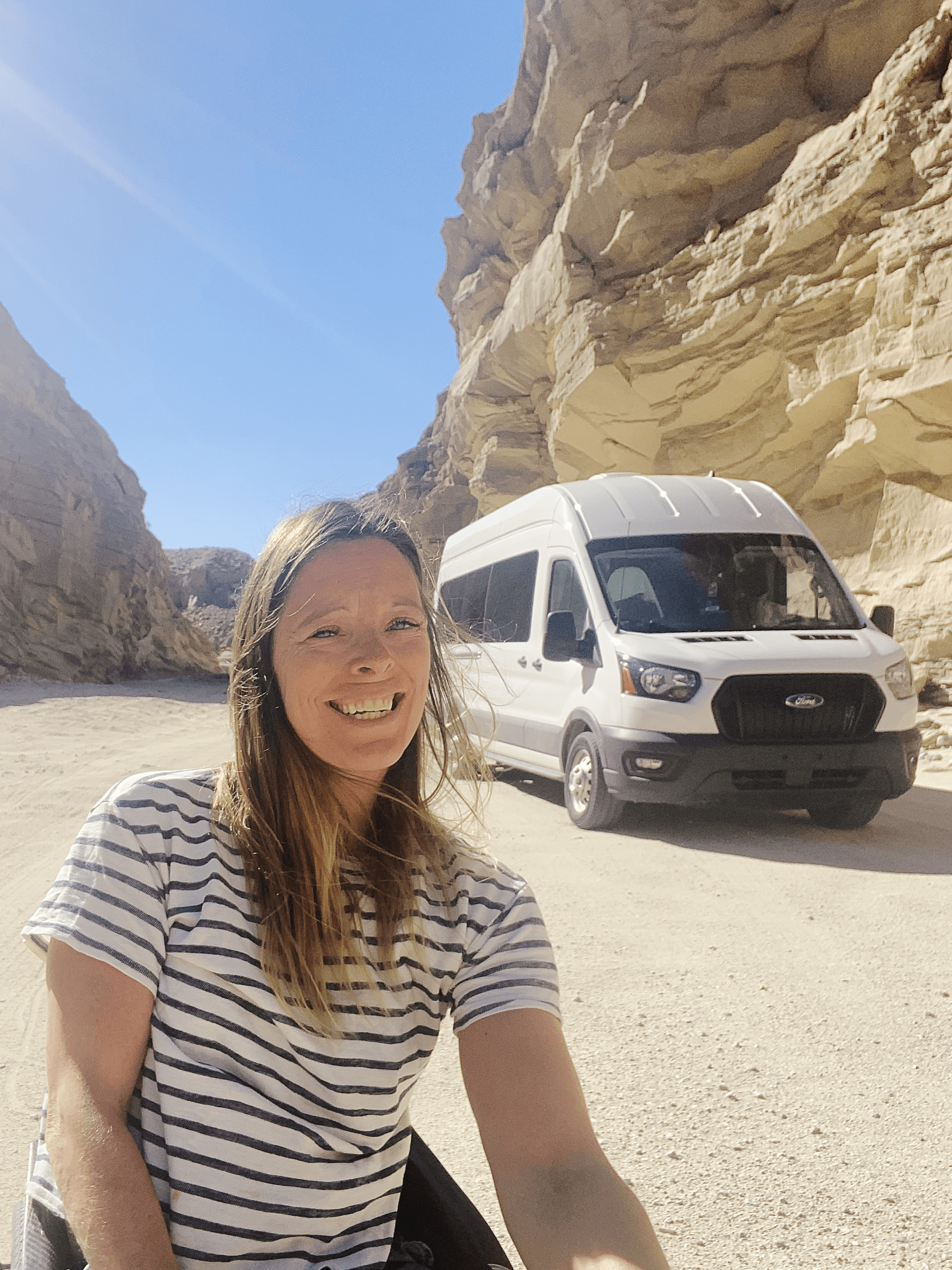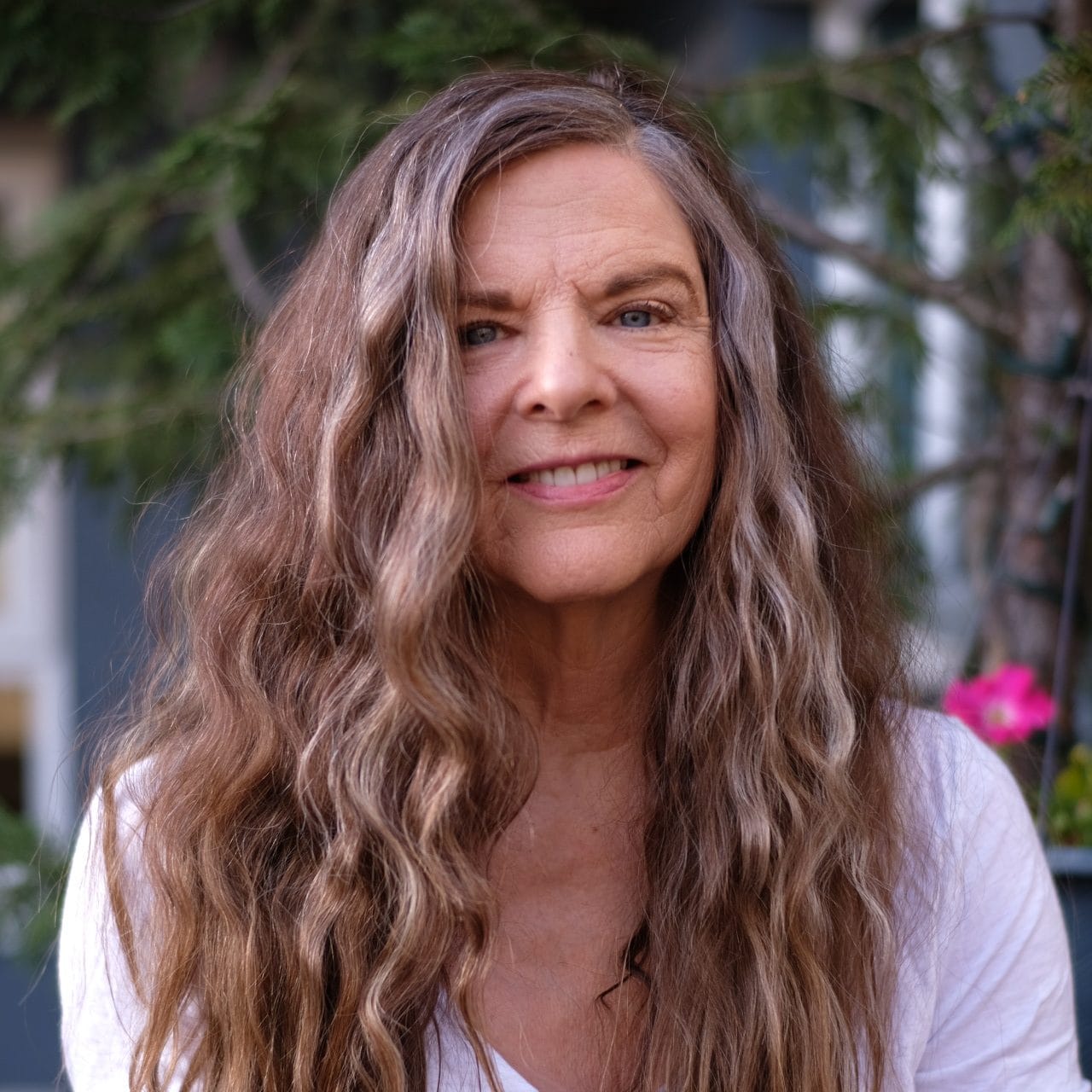
Tell us a bit about yourself.
Hello, my name is Mary-Jo Fetterly! I am a mother of two great daughters, a professional coach, a yoga therapist, mindfulness teacher/researcher and now an author. I love being out in nature, especially in my garden, sailing, kayaking and walking my lovely assistive dog, Angel. I consider myself a student of life. I enjoy writing about living our best life and how that may be possible despite personal and societal challenges.
You recently published your book “Where Science Meet Spirit: The Autobiography of a Paralyzed Yogi”. Congratulations! Can you tell us what your book is about?
My book offers a compelling, overarching look at my life and healing journey. I challenge the outdated view that the mind and body and separate and disconnected. Instead, I explore the interconnectedness of the mind and body, and their relationship to resilience, personal adversity, family, community, disability, trauma, as well as yoga and alternative therapies.

So, what does health and wellness mean to you? How does the title of your book “Where Science Meets Spirit” tie in?
Health and wellness mean to live in an optimal state physically, mentally and spiritually. For all our needs (physical, mental and spiritual) to be fulfilled, we need balanced, integrated supports.
The title of my book reflects the outdated view of the mind and body as separate (i.e., the 1649 Descartes-Newtonian model), which has shaped our approach to science and medicine. My book critiques this limited view and explores a more holistic understanding of the body, integrating insights from manual therapies, Eastern healing traditions and recent scientific advancements in physical, spiritual and energetic realms.
How does your life and your SCI inform the content of the book?
My injury and my life before my SCI inform the content and the theme of the book. I expose the deeper truths about the challenges of becoming paralyzed from the neck down. With vulnerability and honesty, I discuss adjusting to having one’s life completely exposed and dependent on daily care and the medical system.
I share touching and sometimes humorous anecdotes about the immense adjustments for my family and lifestyle. My story is enriched by insights from my education and alternative therapies, along with current research on neuroplasticity, rehabilitation, trauma and the brain.

You mentioned resilience. What is the relationship between resilience and health?
I talk a lot about resilience in my book. Resilience is a developing theory in science alongside the topic of trauma. There is so much new information and research in these areas!
We can develop resilience through nature and nurture. In other words, you may be born with a good foundation for resilience, but you will need to learn how to strengthen it. I consider resilience to be one of the most important relationships to our physical connection to life.
Is resilience fixed or are there things a person can do to build resilience?
There are definitely things you can do to build resilience!
One of the gifts of having a spinal cord injury is that we learn how vulnerable our nervous system is to both internal and external influences. This awareness helps us recognize where we can strengthen our resilience. When we lack control over aspects of our physical life, we cultivate resilience by focusing on choices we can control, like establishing rhythm, regularity and routine.

Why did you want to write a memoir?
I’ve always loved sharing ideas and telling stories. I enjoy deep philosophical reflections on life and living. I believe that a spinal cord injury, with its challenges and opportunities, would make for a good subject matter.
As a quadriplegic, how did you find writing a book? Any tips for other quads interested in writing?
I’m not gonna lie, it was tough. The toughest part wasn’t the technical challenges of writing or the physical barriers I experience as a quad. The biggest challenges existed in the emotional gradient of the subject matter and editing with my ADHD/dyslexic brain.
I recommend taking a writing course and joining writing groups. Establish a comprehensive outline and break down the plot into scenes, but also spend time freeform writing. Know your audience and also find a good editor!

In addition to being a published author, you’re also a Peer Health Coach with SCI BC. What is it like being a coach? What do you want people to know about peer coaching?
I love my role as a Peer Health Coach with SCI BC! I love coaching in general. After studying psychology and coaching, I think coaching has a really important place within professional and personal development. I really like the role of a coach because it is a solution-oriented process and extremely rewarding. I get to pay it forward and help people and achieve and accomplish their goals and improve their quality of life.
Click here to learn more about SCI BC’s Peer Health Coaching Program.
Where can someone buy your book? How can people contact you if they want to learn more?
You can order my book online through Friesen Press, Amazon, Apple Books and all major book sellers.
Stay connected with me through my website mary-jo.com, email (mfetterly@sci-bc.ca) or social media:
- Facebook: Trinity Yoga (https://www.facebook.com/accessibleyoga/)
- X: @maryjoyogo (https://twitter.com/maryjoyogo)
- YouTube: @Mary-Jo108 (https://www.youtube.com/user/5683LIFE)
- Instagram: @yogavancouver (https://www.instagram.com/yogavancouver/)
- LinkedIn: Mary-Jo Fetterly (https://www.linkedin.com/in/mary-jo-fetterly-75360a16/)
